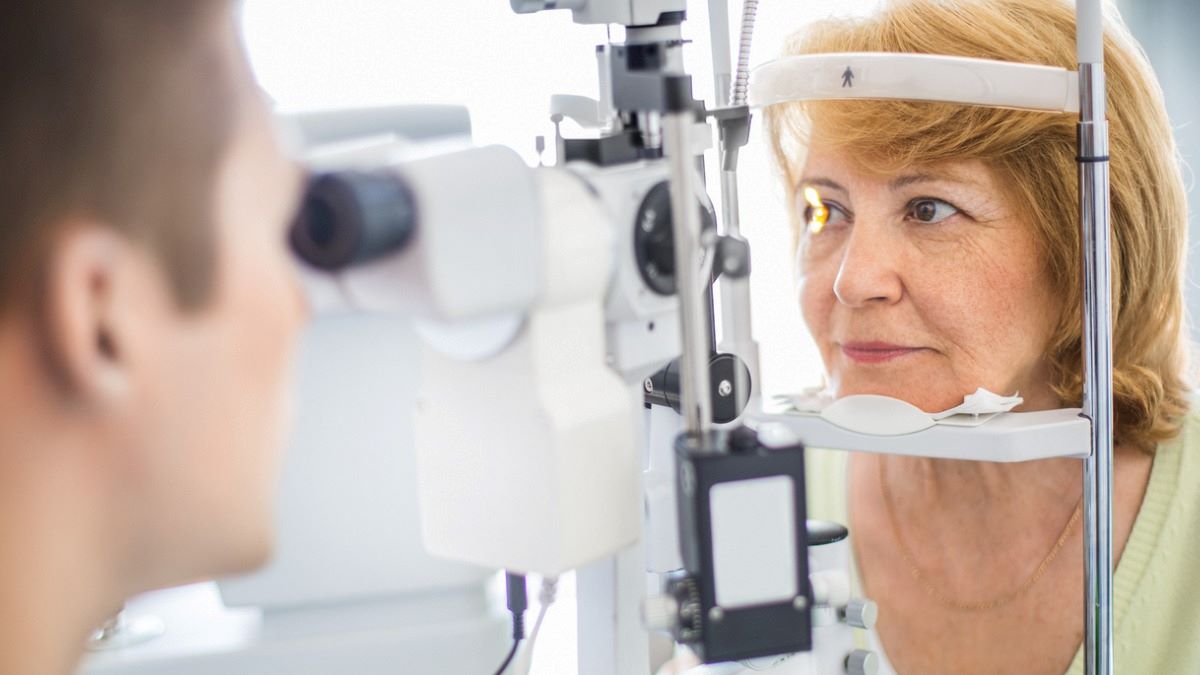
What You Should Know About Macular Degeneration
According to the National Eye Institute (NIH), age-related macular degeneration (AMD) is an incredibly common eye disease, affecting more than 11 million people in the United States. The condition occurs when the macula in your eye, which controls your straight-ahead vision, is damaged as you grow older. Read on to learn more from the NIH on this disease that very likely affects one or more older adults in your life.
Essential Information About AMD
AMD is the leading cause of vision loss for older adults. If you or your senior loved one have experienced eyesight problems, it’s crucial to be aware of the risk factors and symptoms of AMD in order to protect your vision.
The Two Types of AMD
As the NIH explains, macular degeneration is classified into two varieties: wet and dry. The majority of cases are dry AMD, where the macula gets thinner with aging. Vision loss is gradual, and happens in 3 stages: early, intermediate, and late, usually over several years. Unfortunately, late stage dry AMD is not treatable.
With wet AMD, the person loses their vision very quickly when blood vessels grow in the back of the eye, damaging the macula. Treatment options are available for wet AMD which can help prevent further vision loss.
AMD Signs and Symptoms
Those with early stage dry AMD are often unaware they have the disease because it doesn’t present any symptoms.
In intermediate dry AMD, there may still be no symptoms, but for those with mild ones, they may experience:
- Blurriness in their central vision
- Trouble seeing in low lighting
Once the condition progresses and reaches the late stage (for both wet and dry), individuals may notice:
- Straight lines appearing crooked or wavy
- Blurring in the center of vision that may get larger or turn to blank spots
- Reduction in the brightness of colors
- Growing trouble seeing in low lighting
Who is at Risk?
- Adults over the age of 55
- Those with a family history of AMD
- Smokers
- People of Caucasian descent
Preventing AMD
If you have one or more of the above risk factors, it doesn’t mean that macular degeneration is an inevitability. You can lower your overall chances of developing AMD by making healthy lifestyle choices, including getting plenty of physical activity, protecting your eyes from UV exposure, and eating a diet rich in green, leafy vegetables.
Visiting Angels Mesa Supports Senior Health
Visiting Angels Mesa provides high-quality, non-medical home care to families in Tempe, Mesa, Apache Junction, Queen Creek, Gold Canyon, San Tan Valley, Florence, Chandler, and Gilbert.
Older adults living with macular degeneration may benefit greatly from our services. Our kind and knowledgeable caregivers are able to provide support with daily tasks that may be challenging for those with AMD, including reading, writing, meal prep, chores, and medication management. Additionally, caregivers can help ensure that homes are neat and tidy to reduce fall risks and tripping hazards for seniors who experience vision issues.
To set up a free consultation, reach out to Visiting Angels today via our contact form or by calling 480-833-8247.
